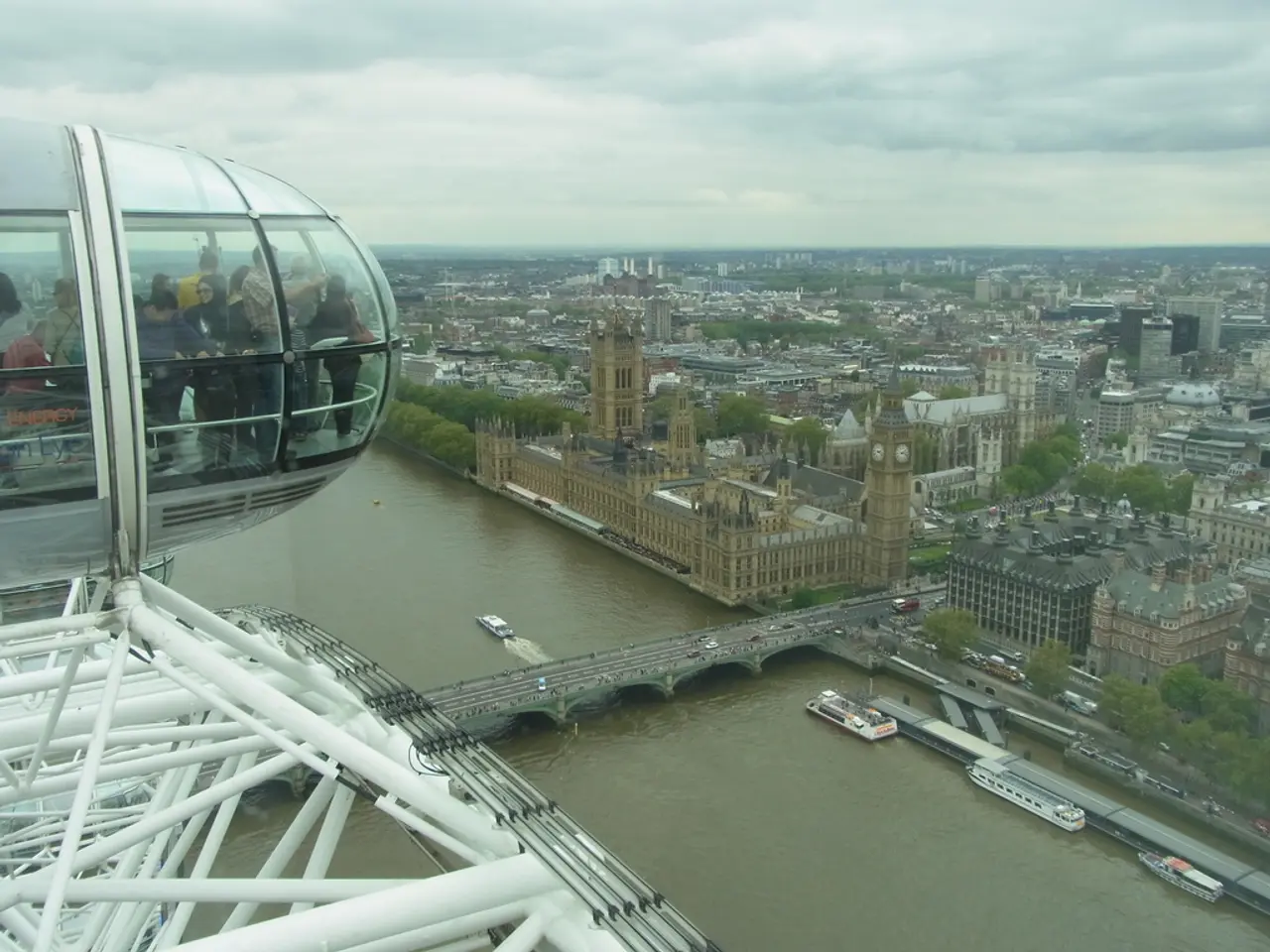Increased Taxes Imminent: Chancellor Faces Challenging Three-Pronged Dilemma
The National Institute of Economic and Social Research (NIESR) has issued a stark warning to Rachel Reeves, the Chancellor of the Exchequer, ahead of the Autumn Budget 2025. According to NIESR, Reeves faces an "impossible trilemma" as she must balance day-to-day spending, reduce debt relative to GDP, and respect manifesto pledges not to raise taxes on working people.
The institute's report, released against the backdrop of poor economic growth, suggests that Reeves will likely have to enact a combination of moderate, sustained tax increases and spending cuts amounting to over £40 billion to meet her fiscal rules by 2030. This figure increases to over £51 billion when accounting for rebuilding the fiscal buffer.
NIESR specifically warns that the fiscal shortfall by 2029-30 is around £41.2 billion on the current budget, requiring large adjustments. To meet the "cast iron" fiscal rules, Reeves may have to break the pledge not to raise taxes on working people and introduce moderate but sustained tax rises or deep spending cuts.
Building a larger fiscal buffer through these tax rises, according to NIESR, would help allay bond market fears about fiscal sustainability, which may in turn reduce borrowing costs. However, the institute did not specify which taxes should be increased or which spending should be cut.
The report also highlights the challenges facing the economy. Inflation is likely to remain persistent, with the consumer price index (CPI) likely to hit 3.5% in 2025 and around 3% by mid-2026. The government is expected to miss its rule that stipulates that day-to-day spending should be covered by tax receipts by £41.2bn in the fiscal year 2029-30.
The poorest 10% of UK households saw their living standards fall by 1.3% in 2024-25 compared to the previous year. They are now 10% worse off than they were before the pandemic.
NIESR is forecasting modest economic growth of 1.3% in 2025 and 1.2% in 2026. The Bank of England is expected to cut interest rates twice this year and again at the beginning of next year, taking the rate from 4.25% to 3.5%.
Britain will rank mid-table among the G7 group of advanced economies in terms of economic growth. The institute also blamed the deteriorating fiscal picture on poor economic growth, higher than expected borrowing, and a reversal in welfare cuts that could have saved the government £6.25bn.
One option mentioned in the report is considering replacing council tax, though precise policy tools have not been detailed. The institute urged the government to build a larger fiscal buffer through moderate but sustained tax rises to help reduce policy uncertainty, which can hit both business and consumer confidence.
As the Chancellor prepares for the Autumn Budget 2025, the NIESR's warning underscores the tough choices that lie ahead. The government faces a delicate balancing act between fiscal responsibility, economic growth, and social fairness. The coming months will be crucial as Reeves navigates this "impossible trilemma" to chart a course for the UK's economic future.
- The Autumn Budget 2025 faces a challenging political landscape, as Rachel Reeves must contend with the impossible trilemma of balancing day-to-day spending, reducing debt relative to GDP, and respecting manifesto pledges not to raise taxes on working people, while also addressing inequality and persistently high inflation.
- The National Institute of Economic and Social Research (NIESR) has recommended that the government consider building a larger fiscal buffer through moderate but sustained tax rises, along with potential reforms such as replacing council tax, in order to allay bond market fears and potentially reduce borrowing costs, thus promoting policy stability in the face of economic uncertainty.




